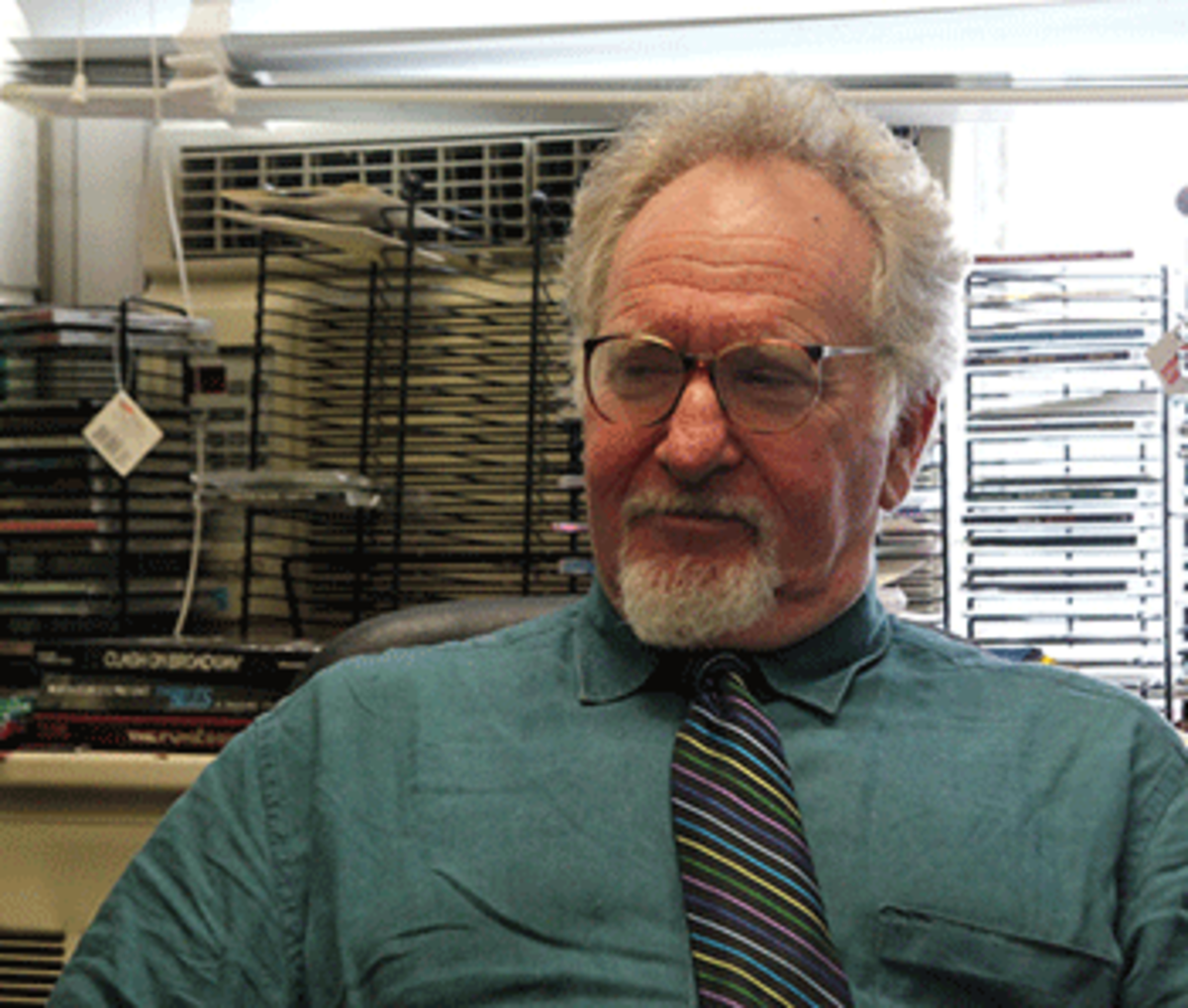A Long Path to Anti-Racist Scholarship and Activism
By
 The subject of this essay is my evolution as an anti-racist activist, which led from cautious participation in the Northern Civil Rights movement, to involvement in the Columbia Strike and New York and National SDS as a theoretician on race and Black nationalism, to the founder of an anti-racist and anti-war organizing group in the Bronx, to my becoming what was most likely the first white scholar hired by a Black studies program or Department in 1970.
The subject of this essay is my evolution as an anti-racist activist, which led from cautious participation in the Northern Civil Rights movement, to involvement in the Columbia Strike and New York and National SDS as a theoretician on race and Black nationalism, to the founder of an anti-racist and anti-war organizing group in the Bronx, to my becoming what was most likely the first white scholar hired by a Black studies program or Department in 1970.Though this odyssey was unusual in some respects, it paralleled a generational experience for many white Baby Boomers who became political activists. What I would like to do today is explore my own upbringing and experiences in post war Brooklyn to explore the different cultural traditions that shaped my own encounters with race and then discuss how these made my experience slightly different from those of most white anti-racist activists I met at Columbia University or in National SDS
I was from a lower middle class family in a Jewish and Italian working class neighborhood in Brooklyn that had a handful of Black families. My parents, school teachers who were second-generation immigrants, were strong trade union supporters who could probably best be classified as liberal Social Democrats. They came from a tradition that saw all workers as having common interests, but that did not emphasize the fight against Black racism in the United States as a moral commitment equal to that of fighting for workers rights. This led to a series of complicated negotiations with the lived reality of race in American society that I often, as a child, found confusing.
To start with, my parents never used the word “nigger” and if I had they would have washed my mouth out with soap. They despised Southern racists who denied Blacks their constitutional rights and spoke very highly of Black leaders like Martin Luther King who took the moral and intellectual high ground in fighting for civil rights.
But at the same time, they regularly used the term “schvartes”—and not in a flattering way—to refer to Black people who lived, worked and went to school in New York City, and periodically had conversations in Yiddish, which I couldn’t understand, when referring to those mysterious individuals. In their personal dealings with African Americans, whether it was with the housekeeper they hired, our building superintendent, or in my mother’s case, with teachers and students in the vocational high school she taught in, they seemed decent, fair, and occasionally caring.
But there was no question that there was a deep undercurrent of resentment, even contempt, in those discussions they were having in Yiddish about Black people as a collective entity, something I would come to understand, in more explicit form, when I became an adolescent and showed some interest in Civil Rights activism. But until then, what I encountered was a mixture of confusing, even contradictory views about race some of which my parents seemed embarrassed to share with me White Anti-Racist Activism:
